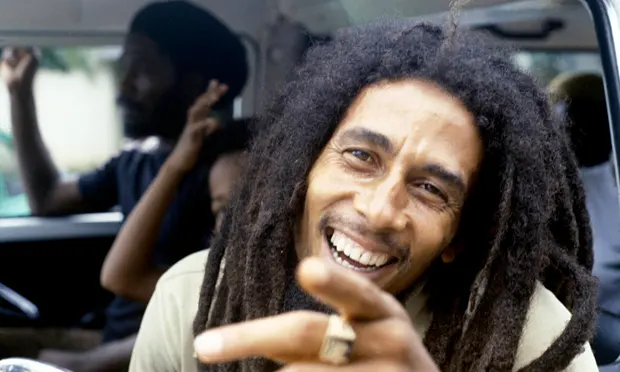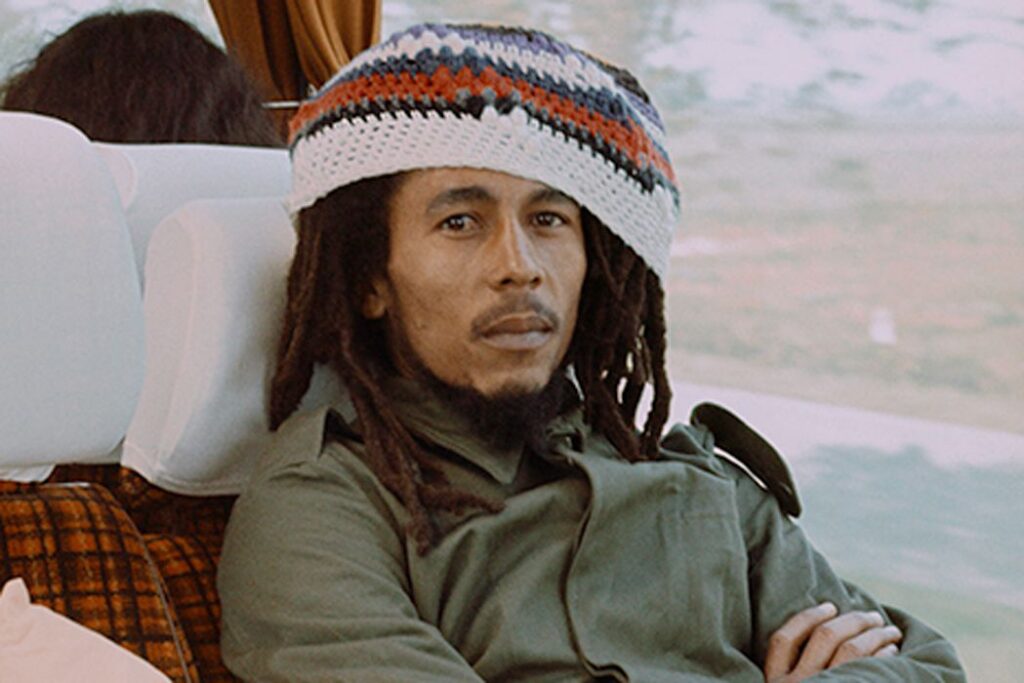Bob Marley’s Legacy: The Story of ‘One Love’

Bob Marley, the legendary reggae icon, left an indelible mark on music history, with one of his most cherished songs being ‘One Love.’ Initially released in 1965 by Marley’s band The Wailers on their debut album, ‘The Wailing Wailers,’ the track exuded a more raw, ska-and-rocksteady vibe compared to its later rendition.
Marley’s immersion in the Rastafari faith during the ’60s heavily influenced the song’s creation, reflecting his beliefs in peace, love and unity.
Also Read: Ziggy Marley Plays For Bob Marley’s 75th B’Day Celebration
Evolution of ‘One Love‘
Over the years, ‘One Love’ transformed, culminating in its iconic rendition as ‘One Love/People Get Ready’ on the seminal 1977 album ‘Exodus.’ This version, characterized by a slower tempo and enhanced lyrical emphasis, became synonymous with Marley’s message of hope and solidarity. The incorporation of The Impressions’ ‘People Get Ready’ added depth to the track, contributing to its enduring resonance.

Chart Performance
While ‘Exodus’ achieved commercial success, particularly in the UK where it peaked at No. 5 on the Singles Chart upon its official release as a single in 1984, ‘One Love/People Get Ready’ never charted in the US. Nevertheless, the song’s popularity endured, with periodic resurgences on the charts reflecting its timeless appeal.

Philosophy of ‘One Love‘
At its core, ‘One Love/People Get Ready’ embodies Marley’s philosophy of unity and empowerment. Its lyrics convey a powerful message of collective action and resilience, resonating with audiences worldwide. The song’s significance transcends its musicality, serving as a rallying cry for social change and solidarity.
Also Read: The Marley Family is Using ‘One Love’ To Spread Love

Marley’s Legacy
Bob Marley’s impact extended beyond the realm of music, with his activism and advocacy for peace leaving an indelible legacy. His pivotal role in the ‘One Love Peace Concert’ of 1978, where he symbolically united warring political factions in Jamaica, exemplified his commitment to fostering unity amidst adversity.
Marley’s enduring influence as a peacemaker and cultural icon continues to inspire generations, reaffirming the timeless relevance of his message of love and unity.








